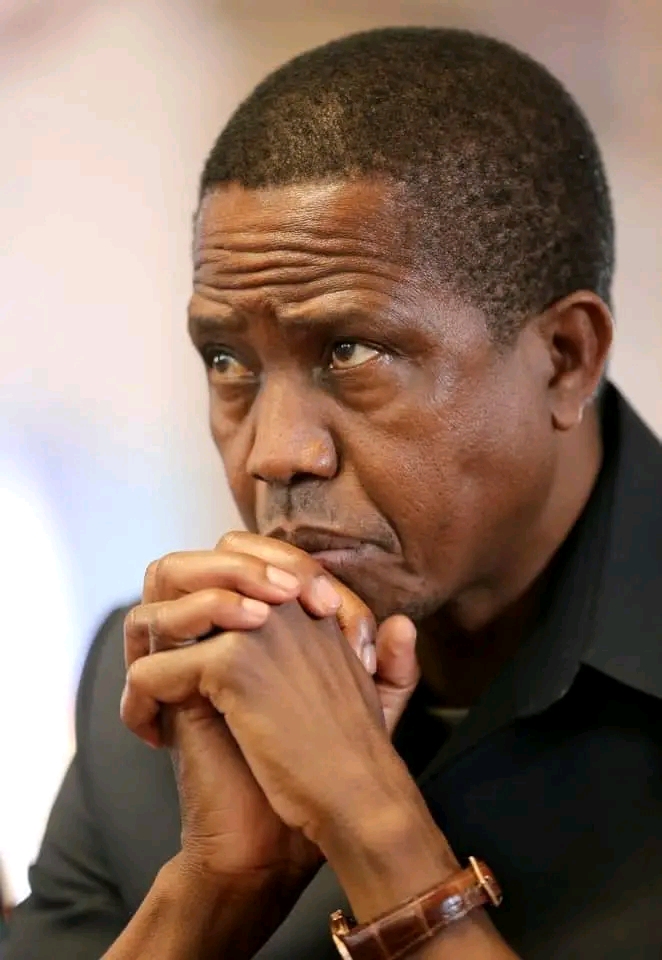By Ollus Ndomu
As Zambia’s Constitutional Court prepares to deliver its much-anticipated ruling on former president Edgar Lungu’s eligibility to run for office, legal experts remain divided on whether the court can overturn its previous judgment.
Lawyers McQueen Zaza and Elijah Siatwambo argue that the court can vacate its decision if it finds compelling reasons, while lawyer George Chisanga cautions against creating legal uncertainty.
Zaza contends that Lungu’s first term, served under the 1991 Constitution, disqualifies him from relying on the 2016 amended Constitution, which stipulates that a term must be at least three years. “Edgar Chagwa Lungu served this country for 18 months before the amendment, and that 18 months was regarded as a term. The 2016 Constitution cannot be applied retroactively,” Zaza stated during a debate on Diamond TV.
Siatwambo added that the critical issue is defining what constitutes a term. “Article 106(6) says if a person serves for at least three years, that constitutes a term. Lungu’s first term under the old Constitution does not fall under this provision. The law came into effect in 2016 and cannot apply retrospectively,” he argued.
However, Chisanga emphasized that the Court’s previous judgment in the Danny Pule case demonstrated the need for a purposive interpretation of the Constitution. “The judges relied on their judicial intellect to address the lacuna in the transition period of the 2016 Constitution. Constitutional provisions cannot be read in isolation,” he said, warning that frequent reviews of judgments could undermine the finality of court decisions.
Zaza disagreed, stating that courts are empowered to reverse decisions under exceptional circumstances. “Courts are of final instance. They can vacate their decision. It is lawful, and the court has been implored to revise erroneous judgments concerning this matter,” he said.


